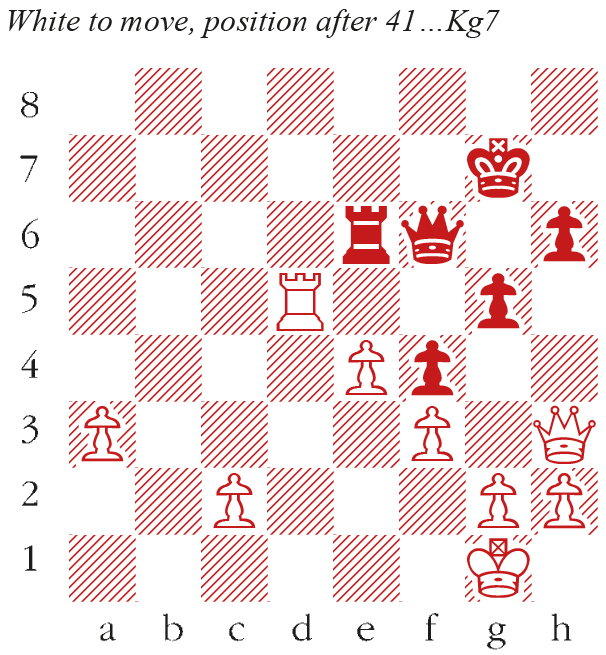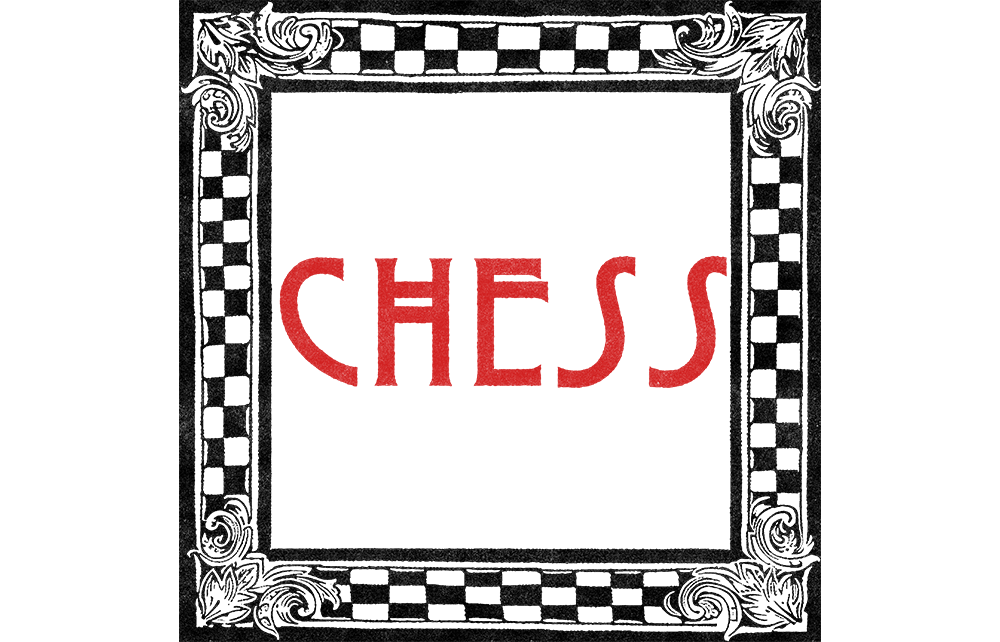
A ‘Fair Play violation’ got the YouTube streamer DrLupo booted out of the most recent series of PogChamps, Chess.com’s online invitational tournament for streamers and athletes, which has a $100,000 prize fund. DrLupo’s transgression was not particularly subtle. In elementary fashion, he blundered his queen for two minor pieces at move 11, only to comprehensively outplay his opponent, WolfeyVGC, who outrated him by more than 700 points on the platform.
At first, DrLupo didn’t make things any better by trying to pass it off as an accident. Internet streamers often have a chat window open while they are playing, and inevitably fans will sometimes suggest moves while the games are being played. But DrLupo had not just made one or two unusually good moves. After the initial blunder, he played the entire game perfectly, all the way to checkmate on move 36 – an almost impossible feat without consulting a chess engine.
To his credit, DrLupo later posted an unqualified apology to Chess.com, his opponent, his viewers, the chess community and so on. He went on to offer to pay for the entirety of the next PogChamps series, estimating the total pricetag at $200,000-$250,000. Perhaps that’s just good business for a streamer with 4.5 million followers on Twitch and nearly 2 million on YouTube. But it highlights a serious question for chess. What is a reasonable sanction for those caught cheating, if they do not have the means to make an offer like DrLupo?
When cases of cheating were rare, it was easy to take a lazy view: ban them all for ever. The proliferation of actual cases of cheating demands a bit more nuance. Chess.com can make their own rules, but the international federation Fide has the responsibility of laying down some guidelines. Many of the cheaters are minors – do they deserve the same treatment as an adult? Should reports of online cheating on independent platforms like Chess.com and lichess.org have consequences for freedom to play over-the-board? Should the penalty take into account any prize money at stake? Must one assume that the player’s earlier games are also tainted?
There was a happy conclusion to PogChamps after all. The tournament was won by the England footballer Eberechi Eze, who plays for Crystal Palace, and was taught to play by his former teammate Michael Olise, now at Bayern Munich. Last weekend, Eze was the sole goalscorer in Crystal Palace’s 1-0 win against Manchester City in the FA Cup Final. He defeated YouTuber Sapnap by 2-0 in the final, after a drastic turnaround in the second game (see below).
Sapnap-Ebere Eze
PogChamps 6, May 2025

1 e4 d6 2 Bc4 Nf6 3 Nf3 g6 4 Nc3 Bg7 5 d4 O-O 6 Be3 Nc6 7 a3 e5 8 d5 Ne7 9 O-O Ne8 10 Qd2 f5 11 Rad1 Allowing the bishop to be trapped f4 12 Ng5 h6 13 Ne6 Bxe6 14 dxe6 g5 15 Nd5 Bh8 16 Qd3 c6 It was time to capture the bishop, which now escapes. 17 Nxe7+ Qxe7 18 Bd2 Ng7 19 Bc3 Rfd8 20 Qh3 Kh7 21 Bb4 c5 22 Bc3 Ne8 23 b4 b5 24 Bxb5 Ng7 25 Bc4 cxb4 26 Bxb4 a5 27 Bc3 Rac8 28 Bxa5 Rf8 29 Bb3 Rf6 30 Bb4 Nxe6 31 Bxd6 Qf7 32 Bxe5 Rg6 33 Bxh8 Kxh8 34 Rd6 Re8 35 Rfd1 Rf6 36 Bxe6 Rexe6 37 Rxe6 Rxe6 38 Rd8+ Kg7 39 f3 Qf6 40 Rd7+ Kf8 41 Rd5 Kg7 (see diagram) 42 Rf5 Exchanging queens with 42 Qf5! should win comfortably, and there is nothing to fear from 42…Qa1+ 43 Kf2 Qd4+ 43 Kf1 Rb6 A fierce counterattack. White’s wayward pieces can offer no defence to their king. 44 Rd5 Rb1+ 45 Ke2 Qe3 mate






Comments